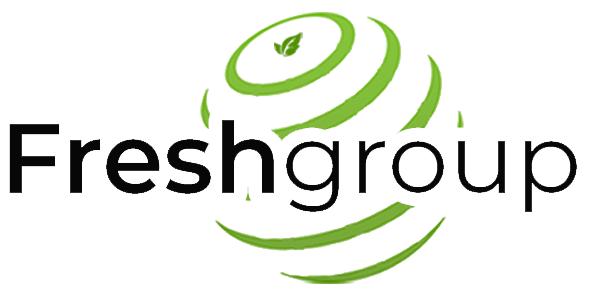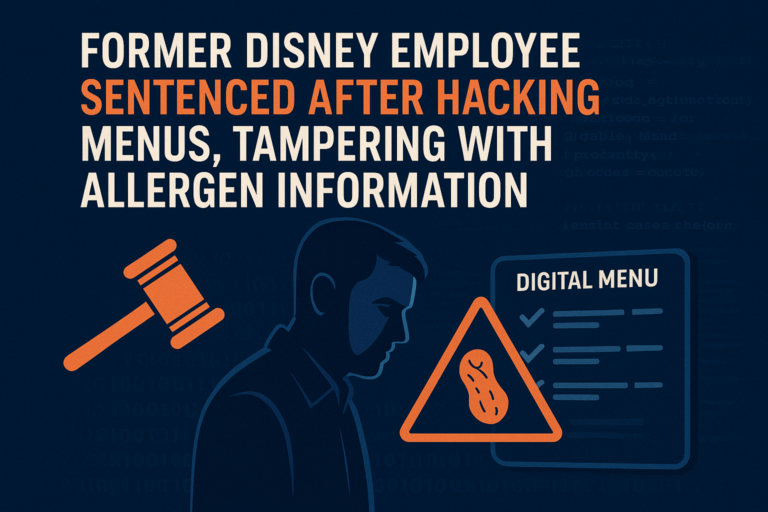Amos Miller is set to make an appearance in a Pennsylvania state court on February 29th following a ruling by Judge Thomas Sponaugie. The court order, prompted by a request from the Pennsylvania Attorney General, prohibits Miller, his wife, and their various businesses from producing or selling raw milk and related products due to concerns of “immediate and irreparable injury” to public health.
The Attorney General’s request stems from a pending civil action aimed at permanently restraining Miller and his business operations from selling raw milk and other unregulated goods, citing potential risks to public health. Judge Sponaugie’s order also mandates that Miller and his businesses grant the State Department of Agriculture full access to their records and product testing.
Furthermore, Miller is required to notify his customers of recent foodborne illnesses linked to his products and disclose that raw milk collected from his farm on January 4th tested positive for Listeria under a search warrant.
The Attorney General has leveled charges against Miller for violating several state food safety laws. This legal action follows a prior federal civil case initiated in 2016 by the Department of Justice (DOJ) on behalf of the USDA’s Food Safety and Inspection Service (FSIS). The federal proceedings culminated in Miller and his legal counsel signing a Consent Decree in 2023, obligating them to comply with regulatory standards, a decree that remains in effect.
Miller had previously contested federal jurisdiction by asserting his status as a “sovereign citizen” during the federal court proceedings. This legal saga unfolded after Miller’s raw milk was found in 2016 to be genetically similar to bacteria present in two cases of listeriosis, one of which resulted in a fatality.
While official controls effectively identified non-compliance, auditors noted that actions taken did not prevent further occurrences. Findings from 11 FSAI audits prompted enforcement actions by the DAFM division on four firms, with pre-existing actions continuing on a fifth.
The audit team also assessed the DAFM’s performance, revealing numerous non-compliances. In 2021, not all establishments under the DAFM division were risk-assessed, and the official control plan was outdated and incomplete. Storage and distribution sites for cheese re-packaging were not all risk-assessed or approved in 2021 and 2022, despite re-packing cessation in all three sites since September 2022.
There were three missed official controls in 2021 for cheese handling and re-packaging, and three controls were omitted in the 2022 plan. Inaccurate scores for certain parameters led to a change in the risk rating of three establishments.
Concerns were raised about the prolonged approval or registration of establishments despite operational cessation or proposed suspensions. Since early 2022, additional resources have been allocated to enhance the management and control of suspensions and revocations.
Source: Food Safety News
Reach out to Fresh Group Food Safety And quality Consulting for any inquiries related to food quality and safety.




